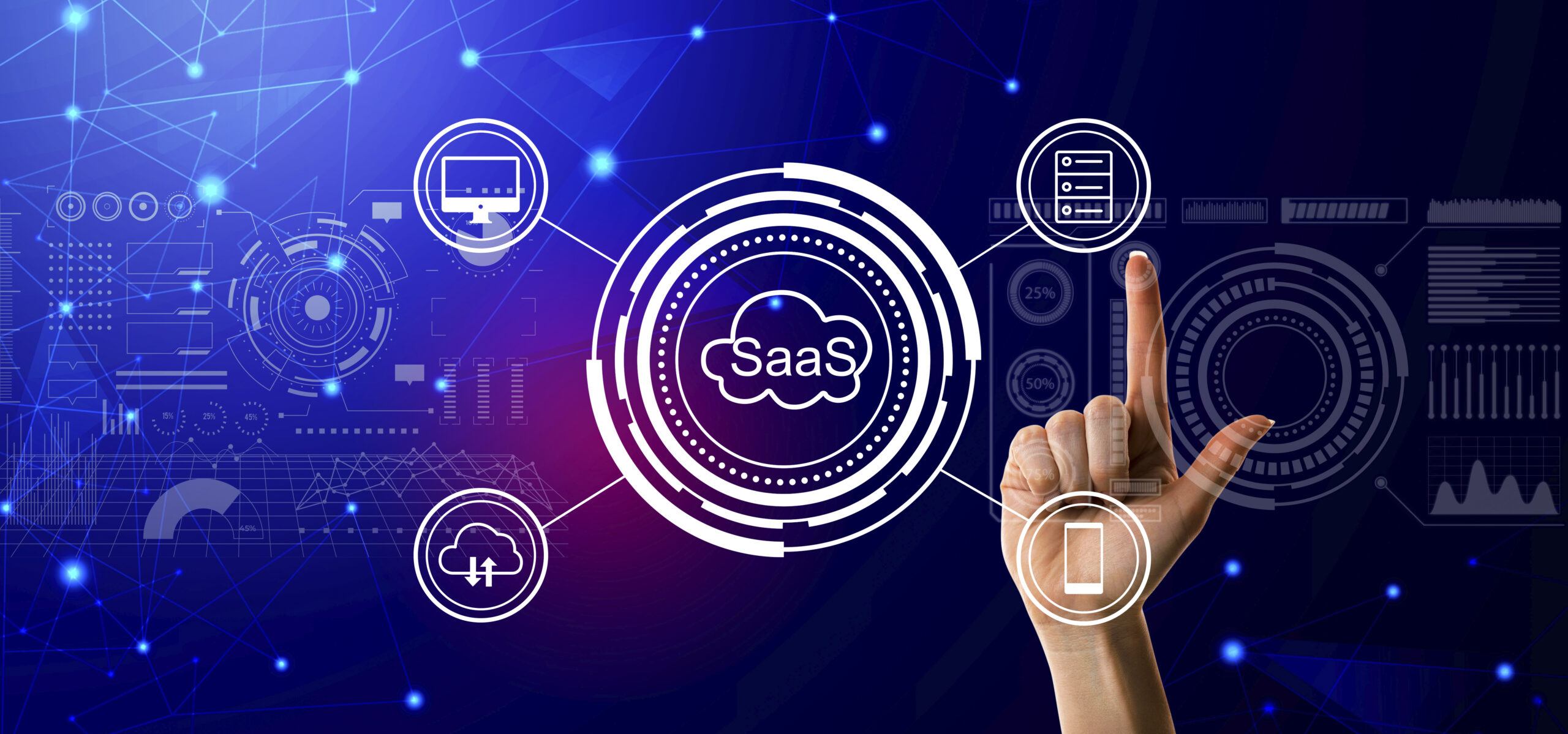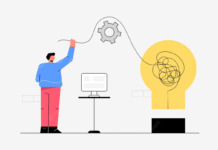Efficient billing is the backbone of every successful business. As companies grow, handling complex billing requirements and managing diverse revenue streams can quickly become overwhelming. Billing ERP Software offers an integrated solution that not only simplifies invoicing and payment processing but also enhances the entire financial management process. Below, we’ll delve into the essential features, benefits, and selection criteria of billing ERP software, providing a comprehensive guide to help you make informed decisions.
What is Billing ERP Software?
Billing ERP (Enterprise Resource Planning) Software is a specialized solution designed to streamline and automate billing, invoicing, and financial management processes within an organization. Unlike standalone billing systems, ERP software integrates billing with other business functions, such as inventory, customer relationship management, and financial reporting, to provide a holistic view of the company’s finances.
Billing ERP software ensures that businesses maintain accurate records, eliminate duplicate entries, and optimize cash flow by automating routine billing tasks, from generating invoices to managing recurring payments. With customizable dashboards and reporting, businesses gain insights into revenue trends, outstanding payments, and financial performance.
Core Features of Billing ERP Software
1. Automated Invoicing
Automated invoicing is a must-have feature in any billing ERP solution. It streamlines the entire invoicing process, from generating customized invoices to sending reminders for overdue payments. Automated invoicing reduces manual entry errors and ensures timely payments, enhancing overall cash flow.
2. Recurring Billing and Subscription Management
With the rise of subscription-based services, recurring billing has become a critical component for many businesses. Billing ERP software facilitates automatic renewal of subscriptions, updates customer billing details, and sends notifications for upcoming payments. This feature is essential for companies offering monthly, quarterly, or annual billing models.
3. Payment Processing Integration
Integrating billing ERP software with payment gateways such as PayPal, Stripe, and credit card processing systems simplifies payment collection. This allows customers to pay through their preferred methods, improving the customer experience while reducing payment delays.
4. Multi-Currency and Multi-Language Support
Global businesses require multi-currency and multi-language support to cater to diverse customer bases. Billing ERP software handles currency conversion, manages international tax compliance, and generates invoices in the customer’s preferred language, which is vital for businesses with an international presence.
5. Financial Reporting and Analytics
Billing ERP software offers built-in analytics and reporting tools that provide insights into financial performance. Businesses can monitor revenue trends, outstanding receivables, and customer payment histories. Advanced systems even offer predictive analytics to forecast revenue and identify potential cash flow issues.
6. Tax Calculation and Compliance
Automating tax calculation based on region-specific regulations ensures that billing ERP software remains compliant with local tax laws. This feature saves time, minimizes errors, and reduces the risk of non-compliance penalties by ensuring accurate tax calculations for every transaction.
7. Customer Relationship Management (CRM) Integration
Integrating CRM with billing ERP software enables businesses to maintain detailed customer profiles, track interactions, and customize invoices. This helps in nurturing customer relationships and streamlining the customer service experience, as customer billing details and history are easily accessible.
8. Customizable Dashboards and User Roles
Customizable dashboards allow users to access relevant data based on their roles, increasing efficiency. Billing ERP software with customizable roles also enhances security by limiting access to sensitive financial information, ensuring that employees only see data relevant to their work.
Advantages of Using Billing ERP Software
1. Enhanced Financial Accuracy and Compliance
Billing ERP software ensures accurate billing and payment processing, significantly reducing errors in manual entries. Automated tax calculations, detailed transaction records, and compliance monitoring also help businesses meet regulatory standards, avoiding potential legal issues.
2. Improved Cash Flow Management
By automating invoicing and payment reminders, billing ERP software accelerates the payment cycle, ensuring a steady cash flow. Integrated payment gateways further reduce the risk of late payments, improving liquidity and enabling better financial planning.
3. Time and Cost Savings
Automating repetitive tasks like invoice generation, tax calculation, and payment processing reduces the need for manual intervention, saving time and reducing operational costs. The integration of billing with other financial functions further streamlines workflow, allowing staff to focus on high-value tasks.
4. Real-Time Financial Insights
Billing ERP software provides real-time data on revenue, outstanding receivables, and cash flow, empowering businesses to make data-driven decisions. Real-time reporting ensures businesses can promptly address any discrepancies and adjust their financial strategies as needed.
5. Scalability for Growing Businesses
Billing ERP software is designed to accommodate growth. As a business expands, the software can handle increased transaction volumes, new billing models, and additional locations without compromising performance, ensuring scalability and long-term efficiency.
How to Choose the Right Billing ERP Software
1. Assess Your Business Needs
The first step in selecting billing ERP software is to assess your unique business requirements. Determine whether you need features like recurring billing, multi-currency support, or advanced analytics. Understanding your needs will help you choose software that aligns with your specific goals.
2. Look for User-Friendly Interface and Customization Options
A user-friendly interface is essential for efficient usage. Opt for billing ERP software that offers customizable dashboards and settings, allowing you to tailor the software to your workflow. This customization enhances user adoption and minimizes the learning curve.
3. Prioritize Security Features
Billing ERP software handles sensitive financial data, making security a top priority. Look for software with robust security features, such as data encryption, access control, and regular security audits, to protect against unauthorized access and data breaches.
4. Evaluate Integration Capabilities
Ensure the billing ERP software you choose can seamlessly integrate with other systems, such as CRM, accounting software, and payment gateways. Strong integration capabilities allow for smooth data flow, eliminating data silos and ensuring consistency across business functions.
5. Consider Vendor Reputation and Support Services
The reputation of the vendor and the availability of reliable customer support are critical factors. Choose a vendor with a strong track record of service and support to ensure that any issues can be resolved quickly, minimizing downtime and maintaining productivity.
6. Review Cost and ROI
When considering the cost of billing ERP software, factor in both the initial investment and the long-term ROI. While it may be tempting to go for a low-cost solution, investing in a reliable and scalable system can yield higher returns by improving efficiency, accuracy, and financial insight.
Conclusion: Transforming Financial Operations with Billing ERP Software
Billing ERP software has become a crucial tool for businesses looking to optimize their financial management processes. With features like automated invoicing, recurring billing, and real-time analytics, this software simplifies billing and enhances overall financial health. By selecting the right billing ERP software, businesses can ensure compliance, improve cash flow, and scale efficiently. Embracing a robust billing ERP solution is a strategic investment that can drive long-term success, streamline operations, and give businesses a competitive edge.















